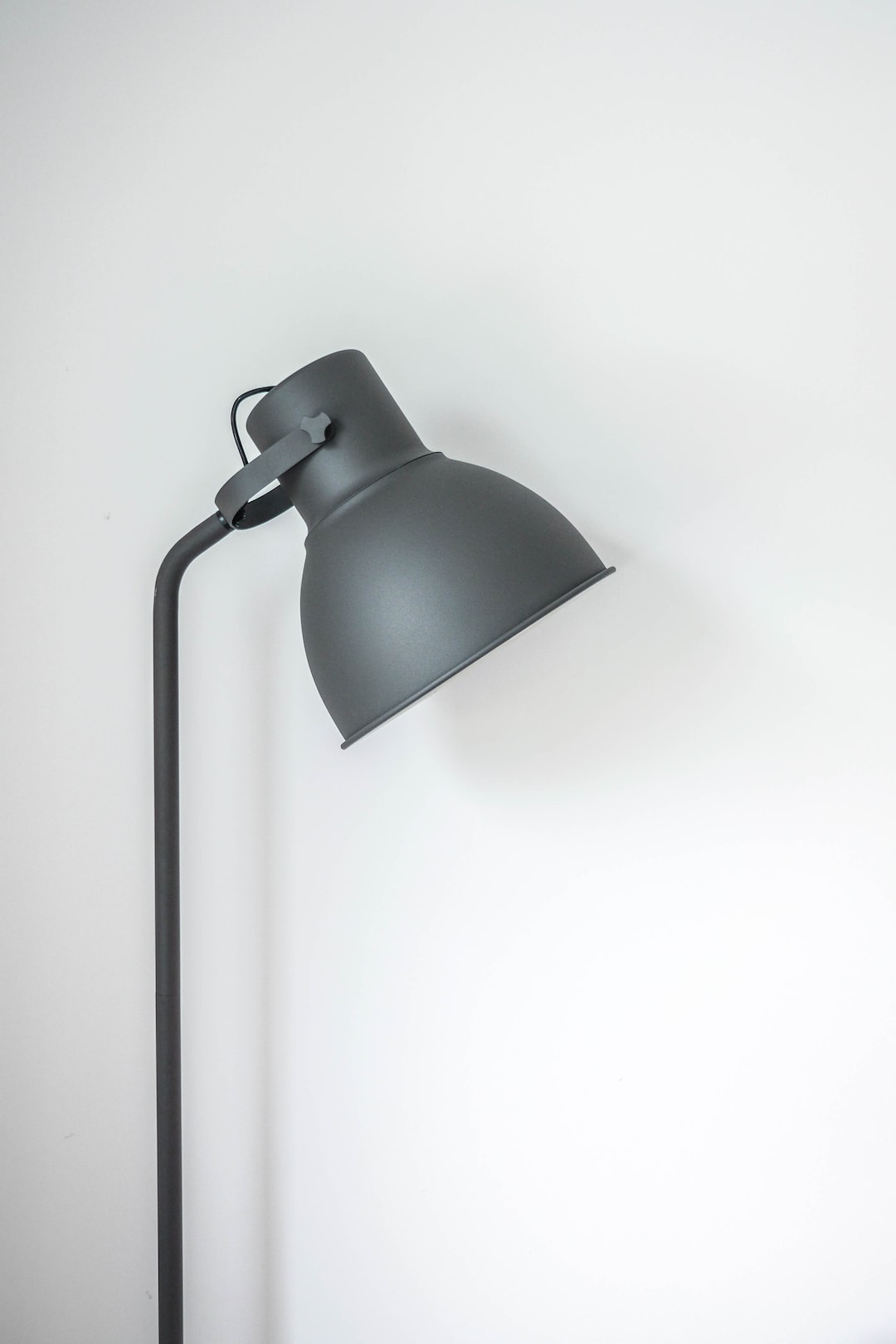The Psychology of Minimalist Furniture: How it Enhances Calm and Serenity
In today’s fast-paced world, finding ways to create calm and serenity in our lives is more important than ever. From hectic work schedules to constant stimulation from technology, our minds are constantly bombarded with information and our homes can often feel cluttered and overwhelming. This is where minimalist furniture comes into play. With its sleek design and simplicity, minimalist furniture has the power to transform our living spaces and enhance our mental well-being.
Minimalist furniture is characterized by clean lines, simplicity, and functionality. It often focuses on essential pieces and avoids unnecessary ornamentation and clutter. This design philosophy translates into a calming and serene environment, which can have a profound impact on our psychological state.
One of the key psychological benefits of minimalist furniture is its ability to reduce visual clutter. Visual clutter refers to the overload of information that our brains have to process when faced with a disorganized and cluttered space. Studies have shown that visual clutter can lead to increased stress levels and decreased cognitive performance. By eliminating unnecessary items and keeping only essential furniture pieces, minimalist design allows our brains to rest and process information more effectively. This visual simplicity creates a sense of clarity and calmness, allowing us to better focus on the present moment and enjoy our surroundings.
Furthermore, minimalist furniture encourages mindfulness and promotes a sense of intentionality in our lives. When we live in a cluttered environment, it’s easy to feel overwhelmed and distracted. Minimalist design fosters a sense of purpose and mindfulness by encouraging us to carefully select the items we bring into our homes. Every piece of furniture becomes intentional and meaningful, serving a specific purpose and enhancing our overall well-being. This intentional living approach promotes a sense of clarity and contentment, as we are surrounded by objects that truly matter to us.
Additionally, minimalist design promotes a sense of balance and harmony in our living spaces. The clean lines and simplicity of minimalist furniture create a sense of order and symmetry, which can have a profound impact on our mental well-being. Our brains are naturally drawn to symmetry and balance, as they evoke a sense of calm and stability. By incorporating minimalist furniture into our homes, we create an environment that is visually pleasing and harmonious, further enhancing our sense of peace and tranquility.
Another psychological benefit of minimalist furniture is its ability to create more physical space. Cluttered environments often make us feel confined and restricted, leading to increased stress levels. In contrast, minimalist design maximizes the use of space, creating an illusion of openness and expansiveness. This sense of physical spaciousness can have a profound impact on our mental well-being, allowing us to feel free and unrestricted in our own homes. It encourages us to take a step back, breathe deeply, and enjoy the simplicity of our surroundings.
Lastly, minimalist furniture promotes a sense of detachment from material possessions. In a consumer-driven society, we often find ourselves attached to material possessions, associating them with our self-worth and happiness. Minimalist design encourages us to let go of this attachment and focus on what truly matters in life. By simplifying our living spaces and reducing our reliance on material possessions, we can shift our focus to experiences, relationships, and personal growth. This shift in perspective allows us to lead a more meaningful and fulfilling life, grounded in the present moment.
In conclusion, the psychological benefits of minimalist furniture are undeniable. From reducing visual clutter to promoting intentional living and creating a sense of balance, minimalist design has the power to transform our living spaces and enhance our mental well-being. By incorporating minimalist furniture into our homes, we can create a calming and serene environment that fosters clarity, mindfulness, and a sense of detachment from material possessions. So, why not declutter, simplify, and embark on a minimalist journey? Your mind and your home will thank you.

